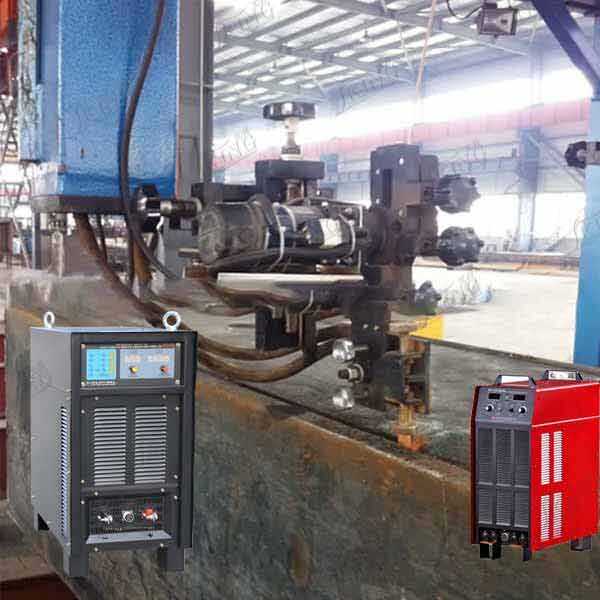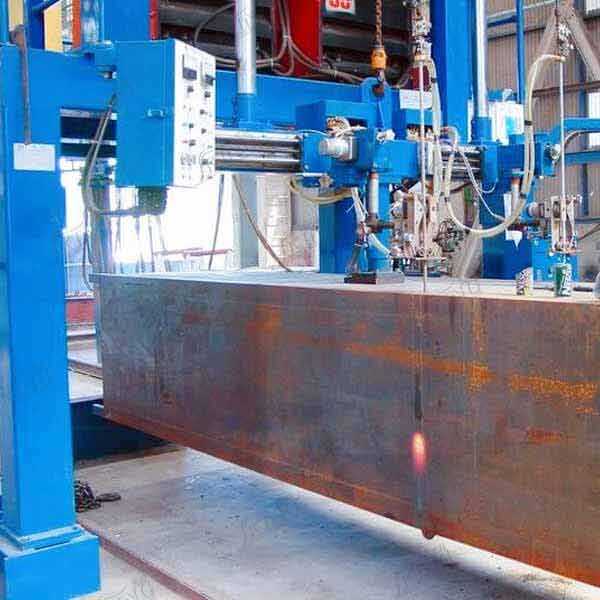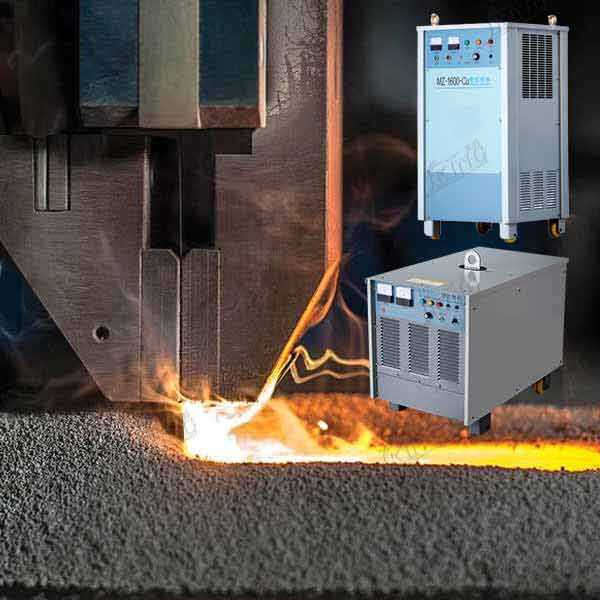esw welding technique
Electroslag welding (ESW) is an advanced welding technique that revolutionizes vertical welding processes for thick materials. This highly efficient method employs electrical resistance heating and molten slag to create high-quality, deep-penetration welds in a single pass. The process begins with establishing a molten slag pool between the workpieces, maintained at temperatures around 1800°C. As the welding progresses, the consumable guide tube feeds filler metal into the molten pool, while the slag bath provides both heat and protection from atmospheric contamination. The technique excels in joining thick plates ranging from 1 to 12 inches, making it particularly valuable for heavy industrial applications. ESW stands out for its remarkable deposition rates, achieving up to 100 pounds per hour in optimal conditions, significantly surpassing conventional welding methods. The process requires minimal joint preparation and produces consistently high-quality welds with excellent mechanical properties. Its applications span across various industries, including shipbuilding, heavy equipment manufacturing, structural steel construction, and power generation facilities, where thick-section welding is essential.


